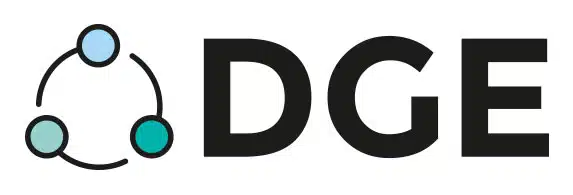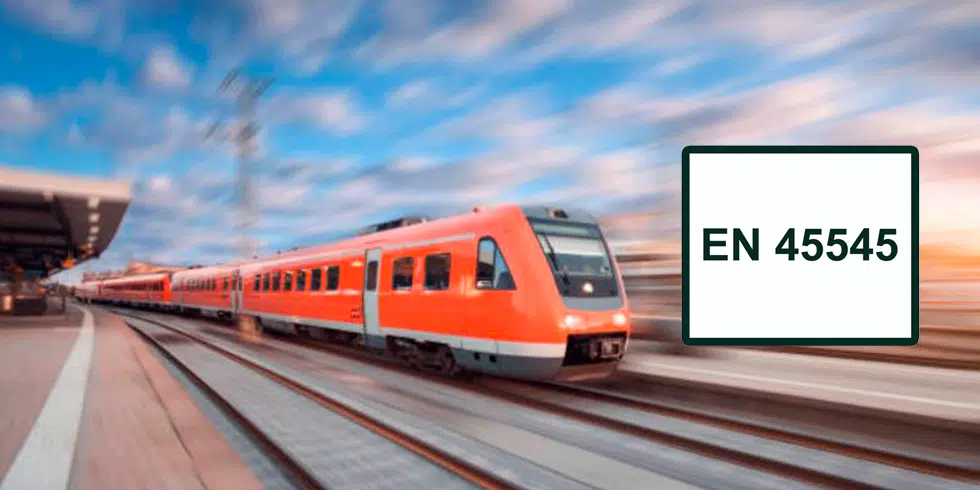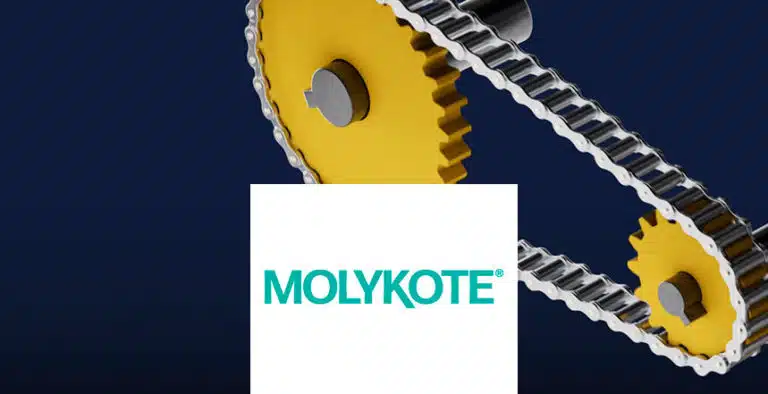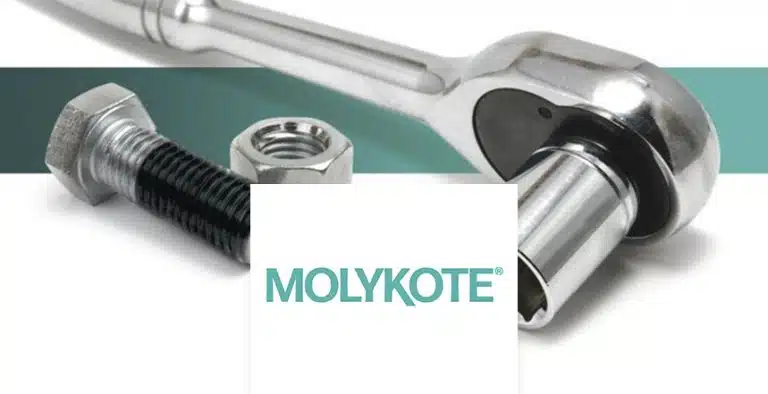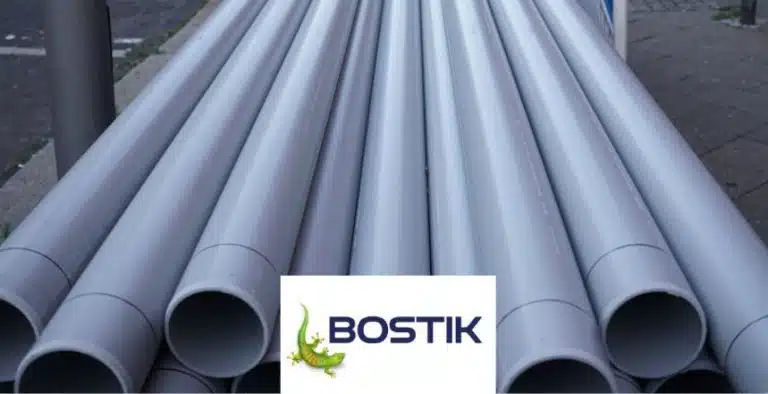EN 45545-2 standard on the safety of the railway sector
 DGE is always very attentive to safety regulations and is always ready to provide solutions compatible with the increasingly stringent rules that regulate the railway sector.
DGE is always very attentive to safety regulations and is always ready to provide solutions compatible with the increasingly stringent rules that regulate the railway sector.
Today, all materials used in rail vehicles must follow the EN 45545-2 standard in order to achieve the highest level of safety possible in the event of a fire.
The standard affects manufacturers of rail vehicles including high speed trains, regional trains and trains in industrial transportation.
Dowsil offers a range of adhesives and encapsulants to seal or protect all components of the railway sector. These products meet the high requirements of the new European fire protection standard EN 45545-2. They reach safety levels up to HL3 and can even be installed in bunks and bed wagons that cross underground tunnels like railway vehicles operating on the underground tracks.
Examples of product requirements:
- R1 requirements for horizontal / vertical interior surfaces, e.g. ceiling and walls, window frames or display screens.
- R22 / 23 requirements for interior seals, inductance coils, coils and contacts.
- R24 / 25 requirements for printed circuit boards
- R26 requirements for small electronic products
Hazard Levels
Railway vehicles are classified in accordance with the fire hazard level associated with their design and operation.
The three hazard levels are: HL1, HL2 and HL3 with HL1 being the lowest requirement and HL3 being the highest.
The classification depends on how many kilometres the trolley is in tunnels and whether it is automatic, two-storey or if sleepers are on board.
Testing
The following tests are used to measure how the product compares to the product requirements.
- TO1 Oxygen Index
- 03 Flue gas density
- T12 Smoke toxicity
Key parameters that are measured include flame spread, ignitability, heat release, smoke opacity and toxicity. Having passed the tests, the adhesive, sealant and product for moulding and protecting electronics are given approval according to EN 45545-2 for use in trains.
A test report will indicate which tests the adhesive or punching material has been approved.
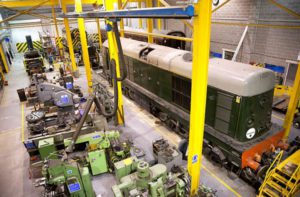
How to select rail components
- Determine which product requirements apply (R1-R26)
- Determine the fire hazard level (HL1-HL3)
- Identify a suitable material that meets the above ratings and the technical requirements for the application.
DGE can recommend suitable products that meet your requirement set and that has been tested and approved according to EN 45545-2.
For the latest news on EU rail directives, please visit the European Commission website.
These are just some of our featured products that meet this standard EN 45545-2:
DOWSIL EE-3200
Two part low Stress Silicone Encapsulant for the protection of electronic and electrical components.
Bicomponent silicone elastomer with low stress and low viscosity, encapsulating for the protection of electrical and electronic components.
- HL3/R22 to R26
Sylgard 170 Silicone Elastomer
Standard two component encapsulant used as a protective potting for electrical applications.
Two-component, low viscosity black silicone elastomer used as a protective encapsulating agent for electrical applications.
- HL3/R22 to R26
DOWSIL 3-6548 RTV foam
Two part silicone foam for compression gaskets.
Flame retardant silicone foam
- HL3/R22
DOWSIL 7091
One part silicone adhesive and sealant used for applications that require a durable and flexible bond.
White single-component silicone sealant for flexible joints
- HL1/R22
- HL2/R23
- HL3/R24
DOWSIL Fire stop 700
One part silicone adhesive for sealing of expansion joints and pipe and cable penetrations in fire rated structures.
Fire-resistant single-component silicone sealant.
- HL2/R22
Common Applications
Electronics
- Connector protection
- Potting in train signalling
- Electrical switches
- Optical and lighting equipment
- Potting power supplies & electrical components
Adhesion
- Exchange control cabin doors
- LED signals protection
- LED panels protection and frame bonding
- Sealing glass to side-windows frame
- Bonding glass to trams side-windows frame
- Bonding painted steel panels to painted surfaces
- Sealing bellows frame between wagons
- Sealing panels and walls
- Interior fabric to wood
- Sealing and bonding of floor and shelves
- Bonding ceiling signals reinforcements
- Cable entry and holes filling
- Power supply PCBs protection
- Train toilets modules sealing and bonding
- Sealing and bonding of air duct collars
